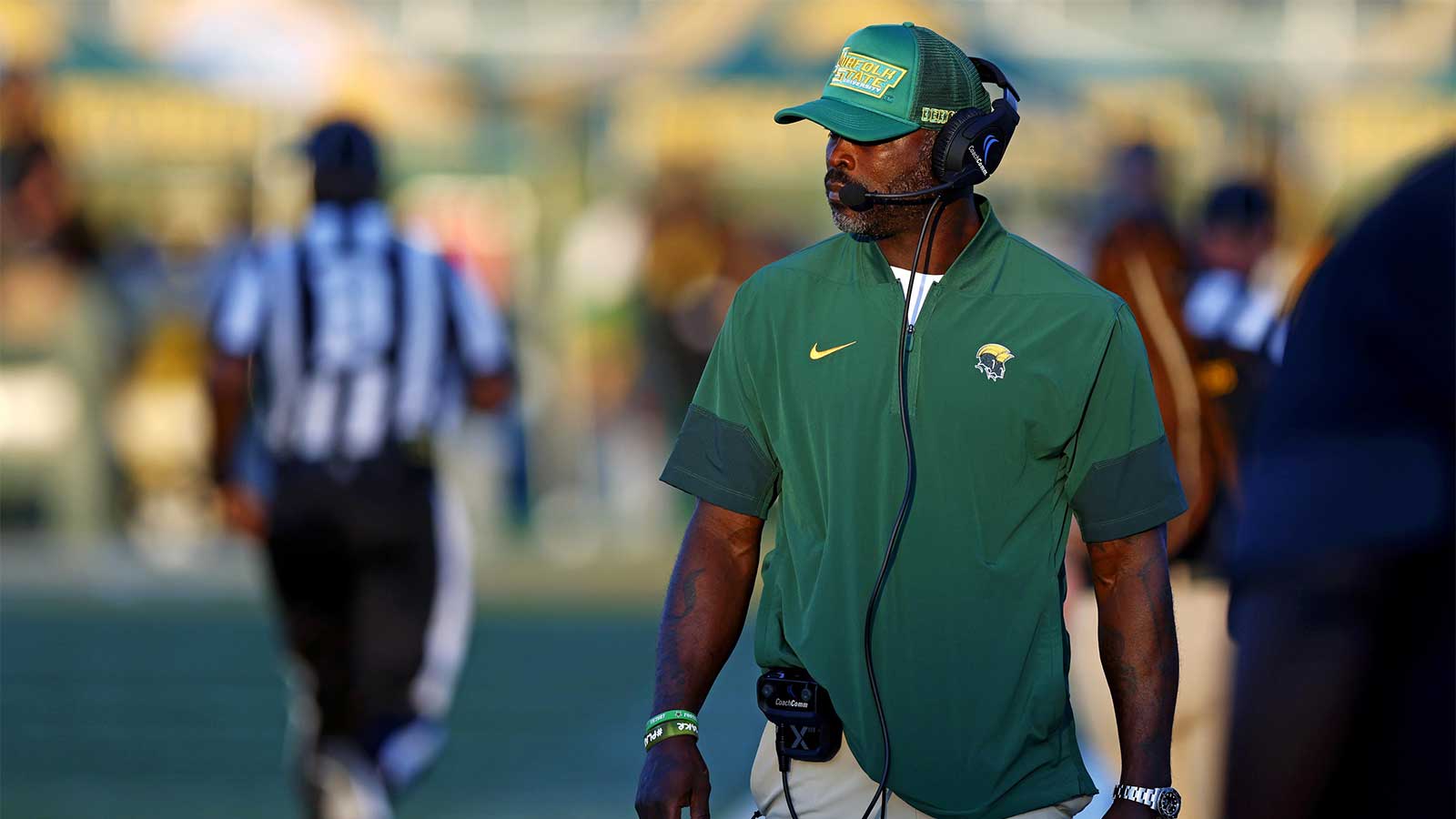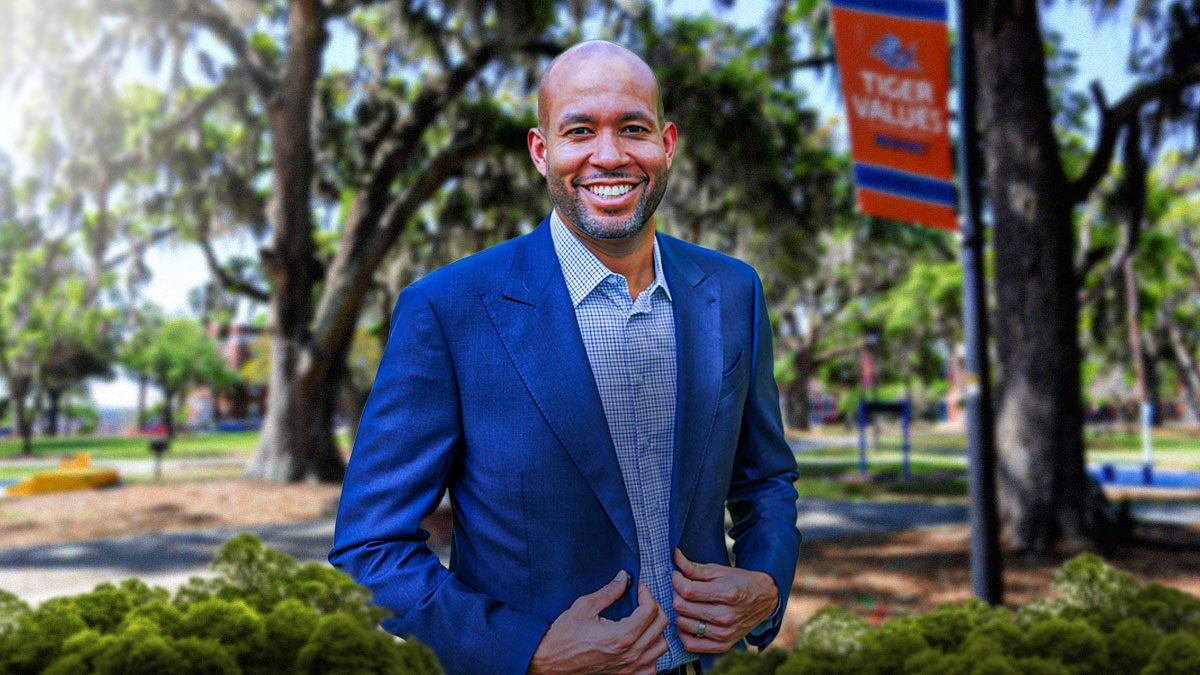Tennessee State University announced Tuesday that it has reached an agreement with the state government that will allow it to access $96 million over three years to support its operations.
In 2022, state lawmakers allocated $250 million for the university's infrastructure and capital projects. Deferred maintenance needs are being “actively addressed” with $99 million of that, according to Tennessee State. $55 million will remain for important capital projects at the university after the $96 million has been reallocated.
The agreement comes as leaders at Tennessee State attempt to stabilize its operations and finances after years of hardship and recent months of serious financial issues.
Beginning at least in the fall, when state authorities claimed that the university's survival depended on an emergency infusion of public funding, Tennessee State has been in serious financial distress. Leaders at the institution were concerned about a potential financial deficit early this year. Despite recently approving a tuition increase and finding up to $26 million in cost savings thus far, the institution still projects a shortfall of around $39 million for fiscal 2026.
The final $22 million in financing will be used to construct new buildings for Tennessee State's agriculture college, while the remaining $55 million allocated for capital spending will pay for a $33 million upgrade to the campus electrical grids. After Tennessee underfunded the HBCU for decades, the university finally received a historic $250 million investment.
The money “not only provides crucial cash flow to ensure the university’s financial sustainability but also allows us to invest in enriching the student experience and strengthening our capacity to attract both students and qualified employees,” Interim President Dwayne Tucker said in a statement.
Many of Tennessee State's financial problems are caused by previous management problems and enrollment declines, which were partially related, in addition to the institution's history of unequal state support. Early in the pandemic, the institution made the grave error of promising full scholarships to the majority of students. Although the program was dependent on emergency government cash, administrators failed to develop a plan for funding the scholarships after that source dried up.
Along with other problems, a recent audit also uncovered flawed financial controls and procedures from previous years that resulted in overcharging and undercharging students for tuition and fees and inflating cash balances on institutional financial statements.
After the state senate of Tennessee decided in March 2024 to dismiss all of the university's trustees, Governor Bill Lee appointed new trustees, including Tucker.




















